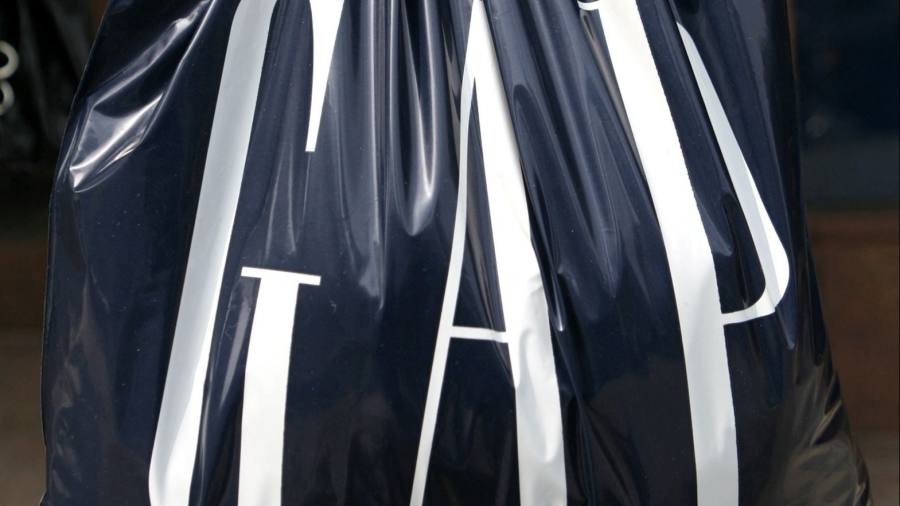
Gap is giving new meaning to the age old Wall Street adage: if you set the bar low enough, you can hurdle over it every time.
The once-iconic apparel company rang up a meagre 2.4 per cent rise in third quarter sales and warned that revenue could decline by mid-single digits for the final quarter of the year.
Yet shares rose 3 per cent on Friday to take the stock’s rally over the past month to 29 per cent. Investors appeared to take heart from the less disastrous than expected result.
Return-to-work wardrobe shopping by office workers helped make Banana Republic, the company’s dressier work attire brand, a stand out during the quarter. The unit helped Gap deliver a surprise profit. But this alone will not be enough to mend all the other holes at the company.
For starters, Gap is still without a permanent leader after Sonia Syngal was ousted as chief executive this summer. Whoever takes the job will face a long list of challenges. The company’s namesake brand, which once defined American casual cool in the 1990s, remains in the doldrums.
Despite closing down a number of Gap stores in recent years, same-store sales in North America have struggled to gain traction. A high-profile collaboration with Kanye West, the rapper now known as Ye, has ended in flames. The apparel line deal was supposed to eventually generate $1bn in annual sales and revitalise the Gap brand. Instead, the company is now taking a $53mn impairment charge on the venture.
Worse, Old Navy — the crown-jewel of the group — is contending with slowing sales of its own. Lower income shoppers who make up the brand’s base are cutting back on discretionary spending. Gap’s margins took a hit in large part because of heavy discounting at Old Navy.
Curiously, Gap is trading on a punchy 23 times forward earnings. Either investors think the company has found someone who can give it a new fashion look, or they are betting the company could become the target of activist investors looking to break it up.
Lex recommends the FT’s Due Diligence newsletter, a curated briefing on the world of mergers and acquisitions. Click here to sign up.